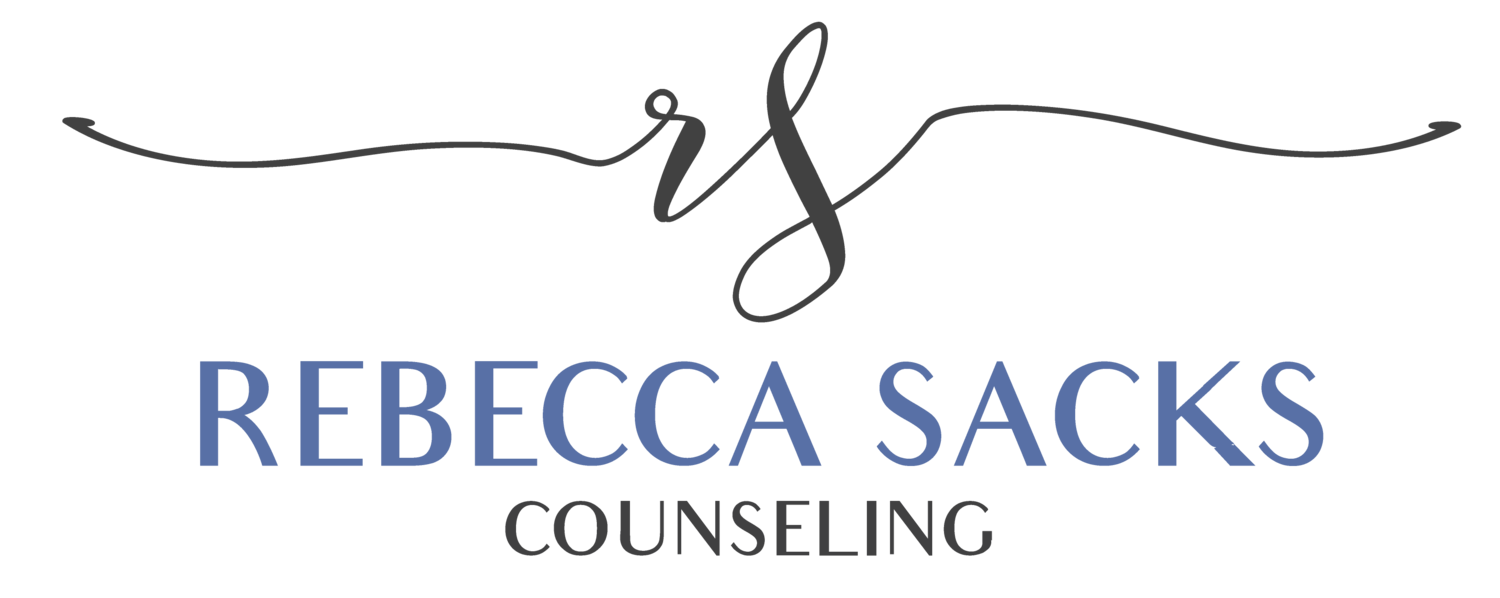Before hospitals, nursing homes and modern medicine death, aging and illness was a more normal part of life. In our culture we are terrified of death. We avoid pain at all costs. We change the subject or expect people going through the pain of death to move on and be fine. Often when somebody dies, we don’t even know what to say or how to be. It is awkward to just be present with another’s pain.
A few days ago, we had to make a decision as a family to put our cat to “sleep.” Notice the euphemisms in our culture we use to avoid actually saying the word “death.” My 10-year-old son slept with this cat every night in his room for his entire life and was overwhelmed with grief and this first experience of attempting to understand death. How was it that this beautiful, sweet cat that had been there day-in and day-out no matter what, unconditionally there, was going to be gone? And how could we, his beloved companions, be the ones to facilitate that decision?
My son was in incredible pain. Pain that most adults have numbed themselves to and are incapable of feeling. The sound of his tears and his shrieking was almost unbearable and yet it was so incredibly beautiful as well to witness the capacity a child -- my child -- has to feel and, ultimately, to love another being. Seriously, what would the world look like if every human had the capacity to love another being and to feel as much as this?
Saying goodbye
As a family, we went to the vet together to euthanize our 16-year-old cat, Zuma. At this point, Zuma was in so much pain he had already been huddled in a ball for 24 hours waiting for us to relieve him of his suffering and help him move on to the next world. As we sat in the room listening to the vet explain to us in detail what was about to happen, I watched each member of my family respond to their grief in vastly different ways.
My 11-year-old couldn’t stop asking questions. “Isn’t there a magic plant we can give him?” “Why do we do that?” “What’s next?” “What if?” “There must be some way we can save him.”
The vet incredibly and patiently answered every single question my son had. She helped him understand beautifully that her job was to help Zuma while he was alive to take care of his body and help him be as healthy as he could, but that everyone’s body at some point stops working, and at this point there is nothing more anyone can do.
We gathered around Zuma as we gave him the medicine, we cried, we held his paws we kissed his face and we pet him, and then we watched him take his last breath. He lay there on his bed, with his blanket completely at peace and we watched him leave this world. We learned that death, is an incredibly painful, but natural and normal part of life and we had the opportunity to teach this lesson to our children. Pain does not always need to be avoided or denied.
A few days later, my son is already starting to go to sleep at night without tears. He is playing normally at the park and with his friends. But he is transformed for life. My son has learned a lesson that when a body grows old or sick, and is no longer able to function, there will come a time when there is nothing left that the doctor can do to save it. That death is a normal part of life. And that feeling is not something to avoid or neglect, but is a reflection of our immense capacity for love and care. I am blessed to have a son that cares so much for others.
